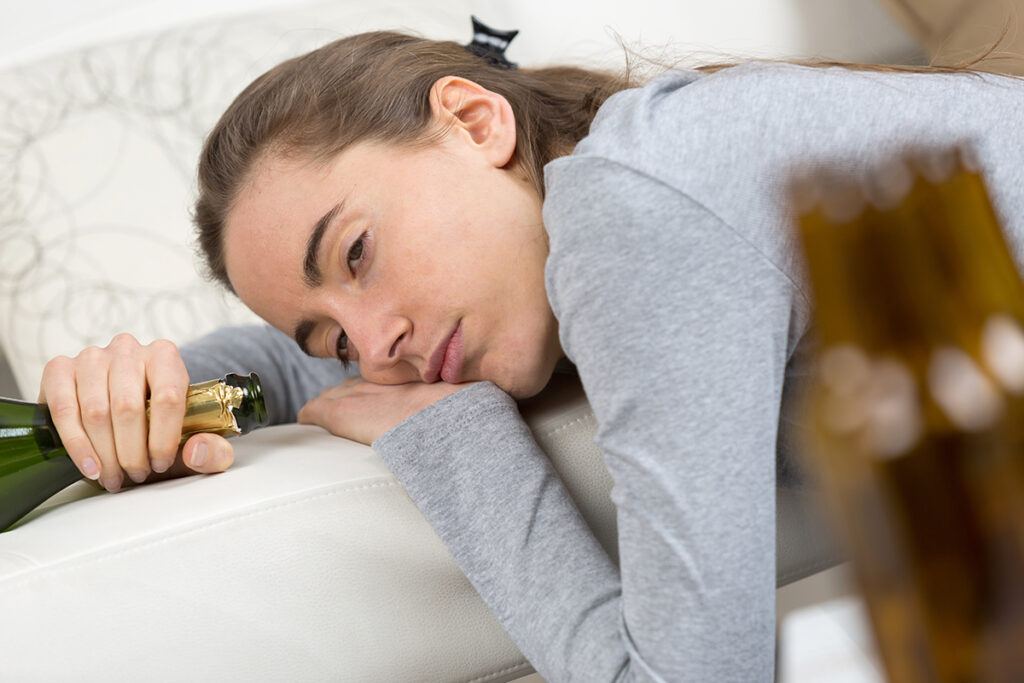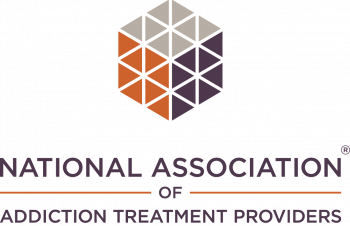Numerous studies conducted over the last ten years have found that teenagers who regularly log in to their social media accounts are more likely to suffer from alcohol abuse than teenagers who did not use social media. Teenagers who access social media daily are more likely to buy cigarettes, drink alcohol, and use marijuana.
Social media sites such as Facebook, Instagram, Snapchat, and Twitter have become platforms where celebrities, marketing agencies, alcohol companies, and pop culture can influence teenagers to engage in drug use and binge drinking. To combat this trend, alcohol addiction treatment programs now include therapy for social media addiction and abuse.
Below, we look at three ways social media influences alcohol abuse. If you have any further questions, feel free to contact TruHealing Gaithersburg.
1. Peer Pressure Can Contribute to Alcohol Abuse
One of the reasons why social media platforms are popular is because they allow people to interact with family and friends no matter where they are. This type of instant and accessible interaction can produce the same type of peer pressure that is present at school, home, or work.
When people see photos of other people drinking and having a good time, it instantly creates a perception that “someone, somewhere is having more fun than me.” This can fuel a desire to drink in order to be accepted in certain social circles. Social media naturally creates a level of peer pressure that can be as influential as face-to-face interaction.
2. Heavy Advertising and Clever Marketing on Social Media
You may remember a time when there were no advertisements on Facebook. Those days are long gone, as watching ads has become a normal part of the social media experience. It is almost impossible to get on social media for any amount of time and not see ads for beer, wine, or liquor.
Advertising has contributed to alcohol abuse, alcohol addiction, and binge drinking simply by presenting the “perfect scenarios” in ads where having a good time is synonymous with alcohol consumption. Social media has given advertisers a wide-open platform where adolescents and adults are immediately drawn to alcohol by watching clever ads.
3. Anxiety, Stress, and Depression Can Lead to Alcohol Abuse
Social media gives instant access to virtually anything happening in the world. This much exposure can be daunting, often leading viewers to feel anxiety or depression when scrolling down their newsfeeds. This is on top of the stress that people already feel due to challenges at work, school, or home.
A person who may not know how to cope with anxiety or depression may turn to binge drinking or alcohol abuse as a form of self-medication. The more they look at social media, the more stressed out they become, the more they drink.
Treatment for Alcohol Addiction
Substance abuse treatment programs provide extensive therapy that helps individuals learn how to manage stress more effectively. A person who may have an addiction to social media and alcohol at the same time can get treatment for these co-occurring disorders. Programs include addiction treatment services such as:
- Cognitive-behavioral therapy
- Dialectical behavior therapy
- Trauma therapy
- Individual, group, and family therapy
- Intensive outpatient treatment
- Gender-specific treatment
If you are struggling with an alcohol addiction that is connected to social media, you can meet with a treatment specialist who can assess your condition and help you develop the right treatment plan.
Get Help for Alcohol Abuse at TruHealing Gaithersburg
Do you have an addiction to alcohol or social media? If so, contact TruHealing Gaithersburg. We offer a wide range of addiction treatment therapies for all types of addiction. Call TruHealing Gaithersburg at (833) 625-0398 to learn more about your alcohol abuse treatment options and to get started with your recovery today.









